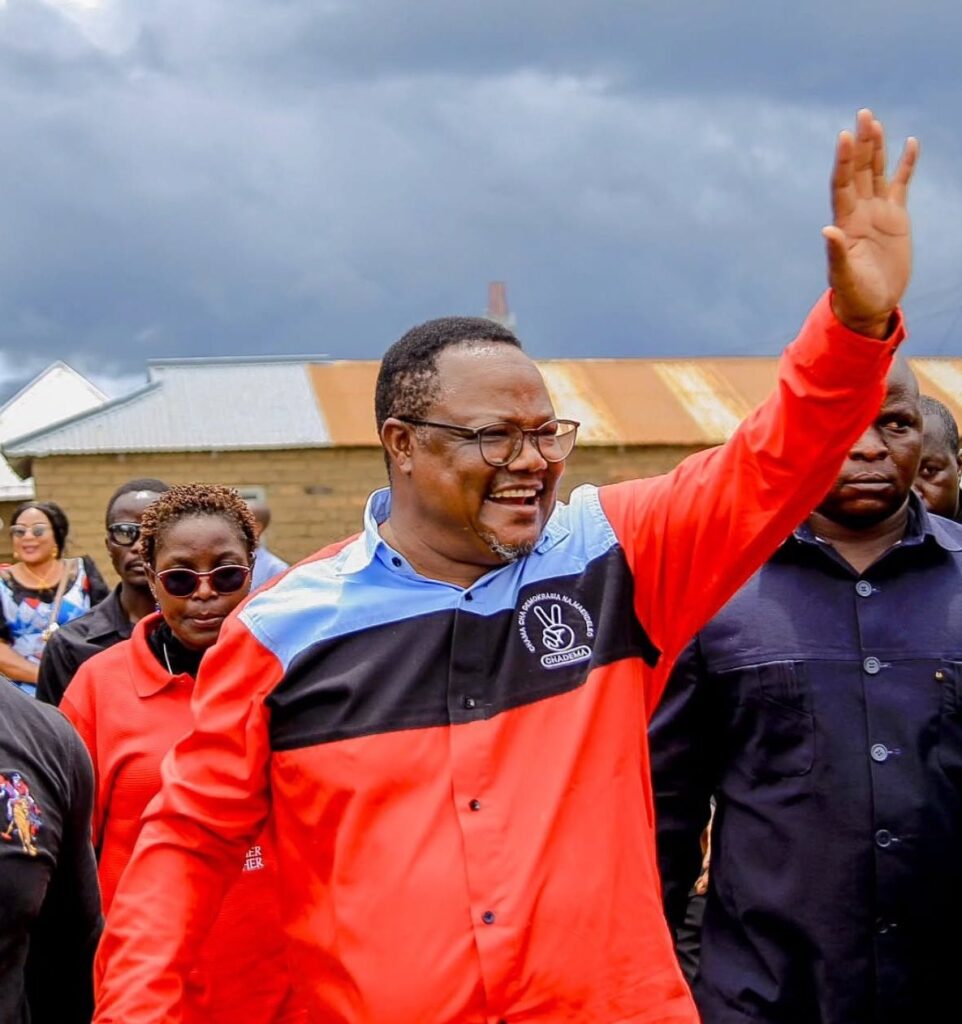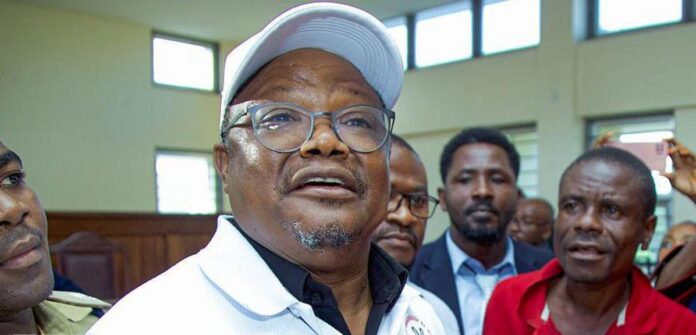Tundu Lissu, leader of Tanzania’s main opposition party CHADEMA and one of the country’s most resilient political figures, is facing treason charges that could mark a decisive turning point in his career and the nation’s political landscape. Lissu, who survived a 2017 assassination attempt and has long challenged the ruling CCM’s dominance, was arrested after a rally in Ruvuma and arraigned at the Kisutu Resident Magistrate’s Court in Dar es Salaam on April 10, 2025.
The treason charge stems from remarks allegedly made by Lissu at a public gathering on April 3, where prosecutors claim he called for rebellion and disruption of the upcoming general elections, stating, “We will inspire rebellion. That is the way to get change… We are going to spoil this election. We are going to really disrupt. We are going to spoil it very badly”. Under Tanzanian law, treason is a non-bailable offense and carries the death penalty if convicted.

Lissu was also charged with three counts of publishing false information under the Cyber Crimes Act, related to statements accusing the government of orchestrating the disqualification of CHADEMA candidates, using police to steal votes, and alleging judicial bias in favor of the ruling party. He pleaded not guilty to these secondary charges but was not allowed to enter a plea on the treason charge.
His arrest comes amid a broader crackdown on the opposition, with CHADEMA barred from contesting the October elections after refusing to sign an electoral code of conduct they view as a tool for state repression. Human rights groups and the Catholic Church have called for Lissu’s unconditional release and for fair elections, while President Samia Suluhu Hassan’s administration faces mounting criticism for what many see as a return to the repressive tactics of her predecessor John Magufuli.
Lissu’s detention and the exclusion of CHADEMA from the elections raise serious questions about the future of political pluralism in Tanzania. Analysts warn that if the party remains sidelined, CCM’s overwhelming majority could grow even further, and CHADEMA risks losing its status as the main opposition force. Despite these challenges, Lissu and his legal team insist they will use every legal and political tool to push for reforms, even as a faction within CHADEMA advocates for a softer approach.
























